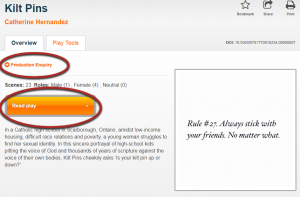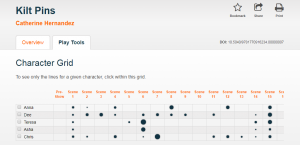Villanova Theatre’s First Show of the Season: WHITE
“If it’s not entertaining, why the hell are we doing it? Make’m laugh. Make’m cry. Make’m call their senator. But by any means necessary. Make’m do something. Can’t change anybody’s mind if they’re asleep.” – James Ijames, Playwright and Director
Opening weekend, I had the opportunity to attend Villanova Theatre’s first show of the season, WHITE, in the new John and Joan Mullen Center for the Performing Arts. The center is an 85,000-square-foot space for performances, featuring three performance spaces. WHITE took place in the Court Theatre, an open format, 200-seat theater that features flexible seating, a balcony, and technologically advanced lighting and sound equipment.
I had the opportunity to explore the new space before and after the performance. In addition, everyone in attendance Friday night was invited to a reception following the show on the third-floor Belle Masque rooftop terrace. The rooftop terrace allowed guests to flow from outside to inside easily and take in what was a beautiful evening.
The show itself was captivating and entertaining, while simultaneously challenging, as it forced the audience to re-evaluate their own implicit (or explicit) biases. The small cast kept the audience engaged throughout the 90 minutes, and the whole auditorium rose to their feet in applause following the final scene.
Learn more about the show below.
SYNOPSIS (Drawn from the Educational Guide below)
With a premise equal parts playful, prescient, and preposterous, art imitates life (or is it the other way around?) in James Ijames’ comedy WHITE. Gus is an artist. Vanessa is an actress. When a major museum seeks to showcase diverse voices in their next exhibition, Gus enlists Vanessa’s help to create an audacious new artistic persona to get him in the show. This contemporary Frankenstein story gleefully skewers the modern monstrosities of racism, misogyny, and cultural appropriation, all the while “subverting expectations, cracking wise, and opening eyes” (DC Metro).
WHITE: BASED ON A TRUE STORY
The plot of White is inspired by a true story that took place in the Whitney Museum of American Art in New York City. In 2014, the museum invited three outside curators—Anthony Elms (Associate Curator at the Institute of Contemporary Art, Philadelphia), Michelle Grabner (Artist and Professor in the Painting and Drawing Department at the School of the Art Institute, Chicago), and Stuart Comer (Chief Curator of Media and Performance Art at MoMA)—to each curate one floor of the exhibition from their varied perspectives and methodologies.
Chief Curator and Deputy Director for Programs at the Whitney, Donna De Salvo, touted the exhibition’s offerings as, “one of the broadest and most diverse takes on art in the United States that the Whitney has offered in many years.” However, of the 103 invited participants, just nine were black. Of those nine artists, one, Donelle Woolford, a 37-year-old woman from Conyers Georgia, was actually the fabrication of a white man, 52-year-old artist Joe Scanlan. This brought the total of black female artists in the biennial down to one. Read the full story in the education guide found here.
MORE RESOURCES
The show is put forth as a contemporary Frankenstein story. Borrow Frankenstein by Mary Shelley from Falvey’s collection.
Get your tickets to WHITE today! The show will be playing through Oct. 3.
ABOUT THE PLAYWRIGHT/DIRECTOR
James Ijames, MFA, is Associate Professor of Theatre and a playwright, director and educator. He has appeared regionally in productions at The Arden Theatre Company, The Philadelphia Theatre Company, The Wilma Theatre, Baltimore Center Stage, Mauckingbird Theatre Company, and People’s Light and Theatre.
James’ plays have been produced by Flashpoint Theater Company, Orbiter 3, Theatre Horizon, Wilma Theatre (Philadelphia, PA), The National Black Theatre (NYC), Steppenwolf Theatre, Definition Theatre, Steppenwolf Theatre (Chicago IL) Shotgun Players (Berkeley, CA) and have received development with PlayPenn New Play Conference, The Lark, Playwright’s Horizon, Clubbed Thumb, Villanova Theatre, Wilma Theater, Azuka Theatre and Victory Garden.
James is the 2011 F. Otto Haas Award for an Emerging Artist recipient, and he has two Barrymore Awards for Outstanding Supporting Actor in a Play for Superior Donuts and Angels in America and two Barrymore Awards for Outstanding Direction of a Play for The Brothers Size with Simpatico Theatre Company and Gem of the Ocean with Arden Theatre. James is a 2015 Pew Fellow for Playwriting, the 2015 winner of the Terrance McNally New Play Award for WHITE, the 2015 Kesselring Honorable Mention Prize winner for ….Miz Martha, a 2017 recipient of the Whiting Award, a 2019 Kesselring Prize for Kill Move Paradise and a 2020 Steinberg Prize.
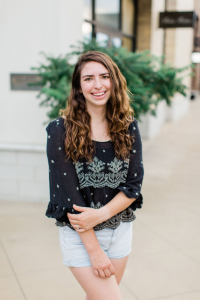 Jenna Renaud is a graduate student in the Communication Department and graduate assistant in Falvey Memorial Library.
Jenna Renaud is a graduate student in the Communication Department and graduate assistant in Falvey Memorial Library.
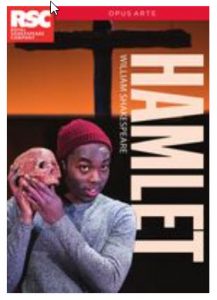 Theater fans will enjoy viewing a variety of filmed stage performances.
Theater fans will enjoy viewing a variety of filmed stage performances. 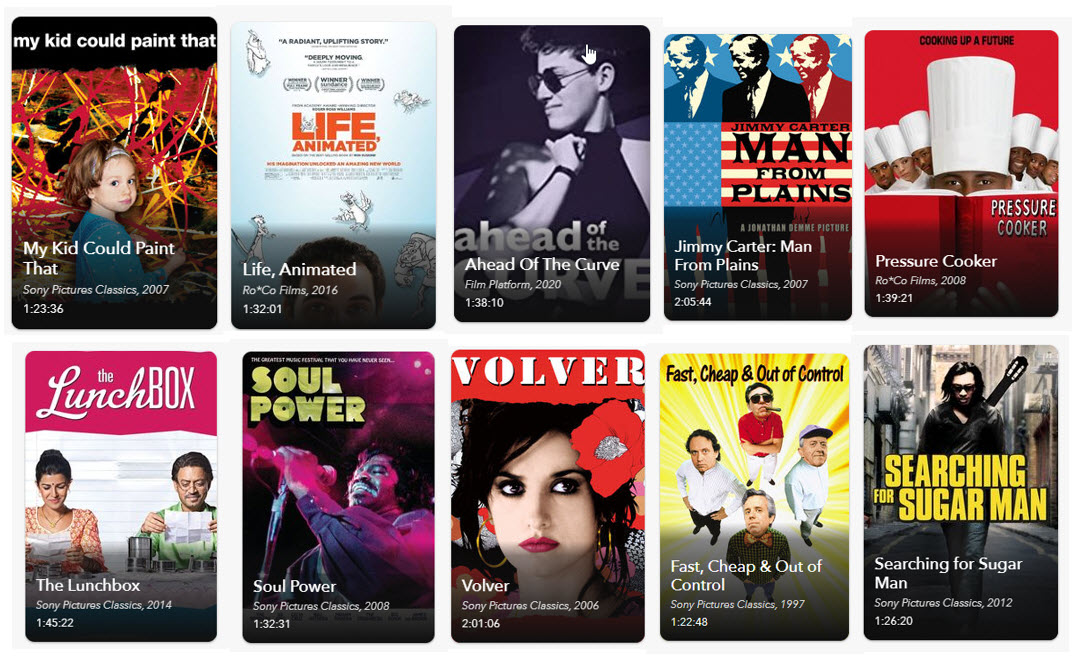
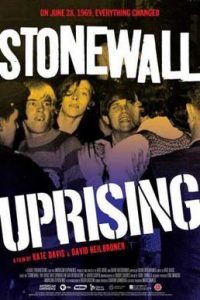
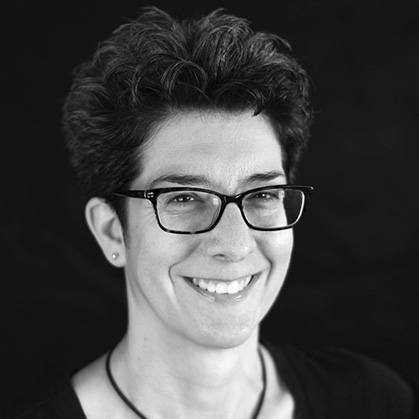 Susan Turkel, MA, MLS, is a Social Sciences Librarian at Falvey Memorial Library.
Susan Turkel, MA, MLS, is a Social Sciences Librarian at Falvey Memorial Library.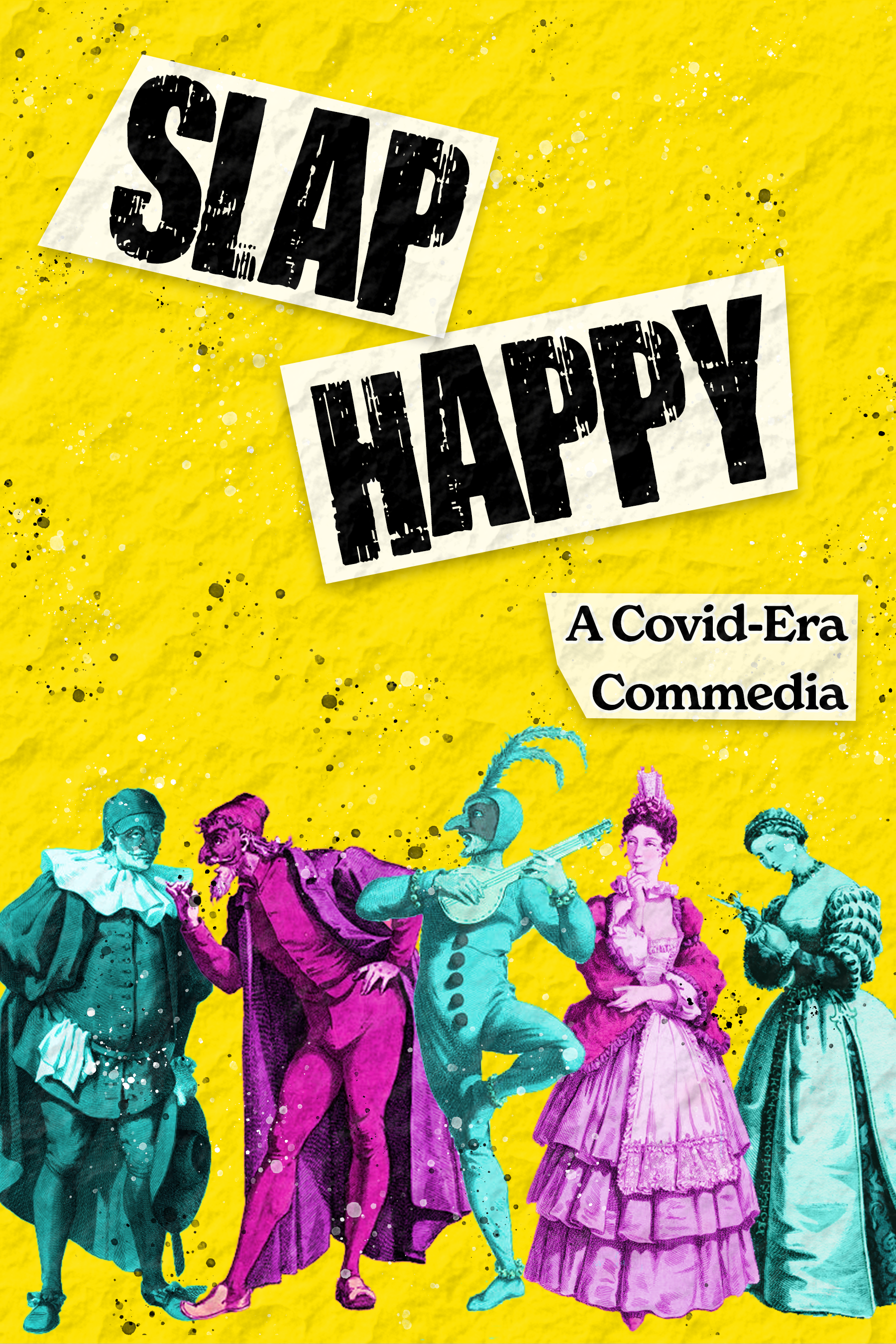
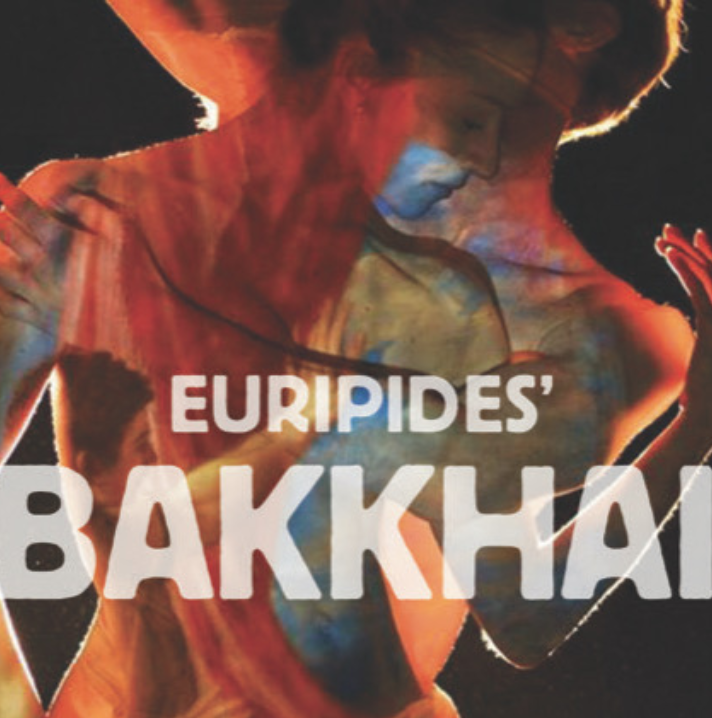
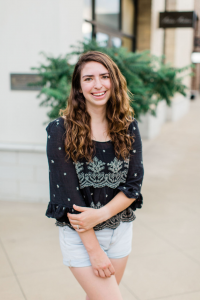 Jenna Newman is a graduate assistant in Falvey Memorial Library and a graduate student in the Communication Department. Current mood: Finding my old Percy Jackson books to read more about Greek gods.
Jenna Newman is a graduate assistant in Falvey Memorial Library and a graduate student in the Communication Department. Current mood: Finding my old Percy Jackson books to read more about Greek gods. 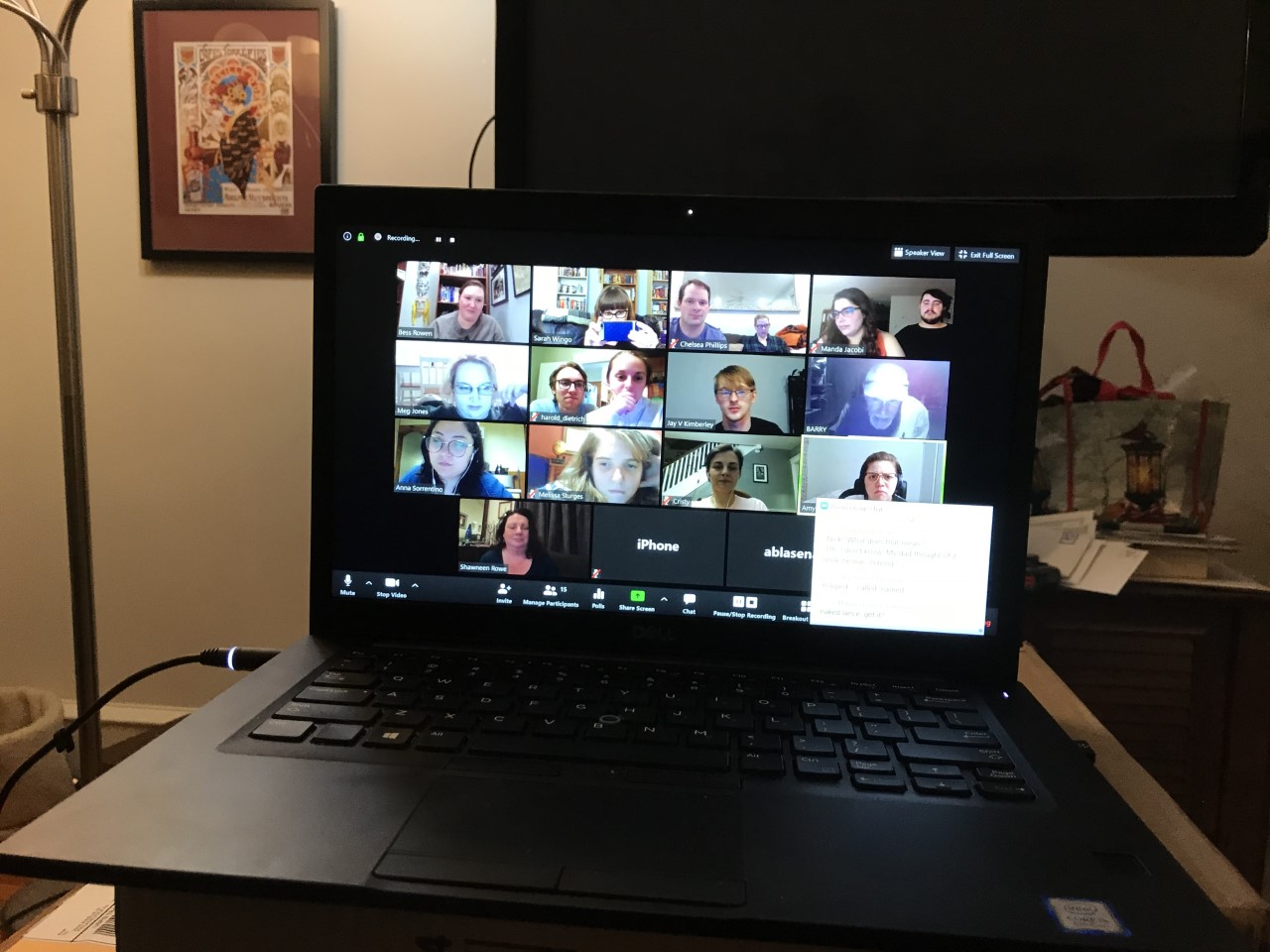
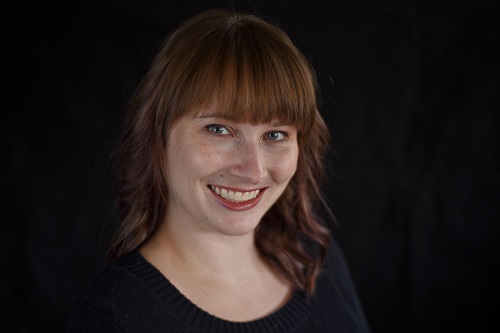


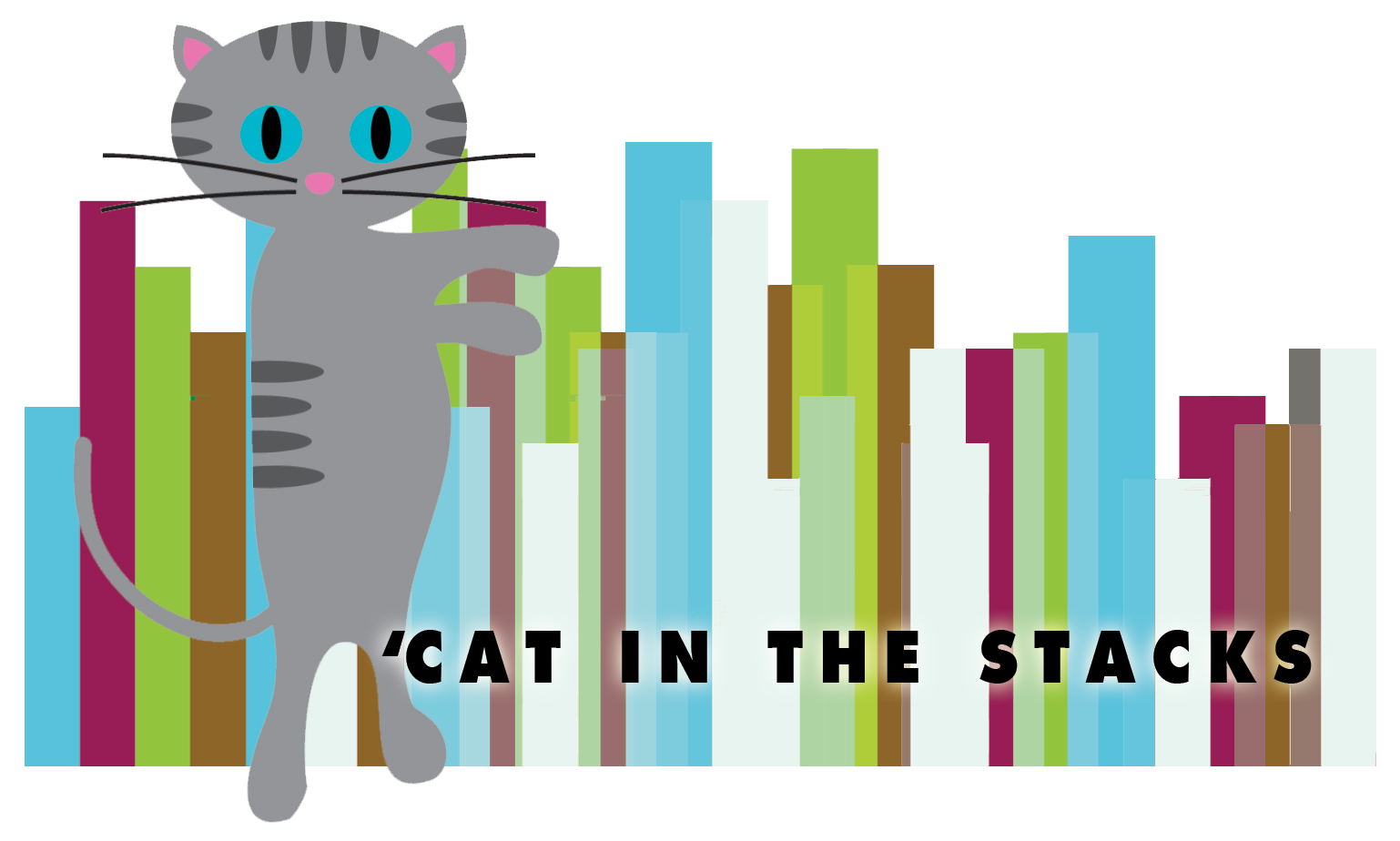
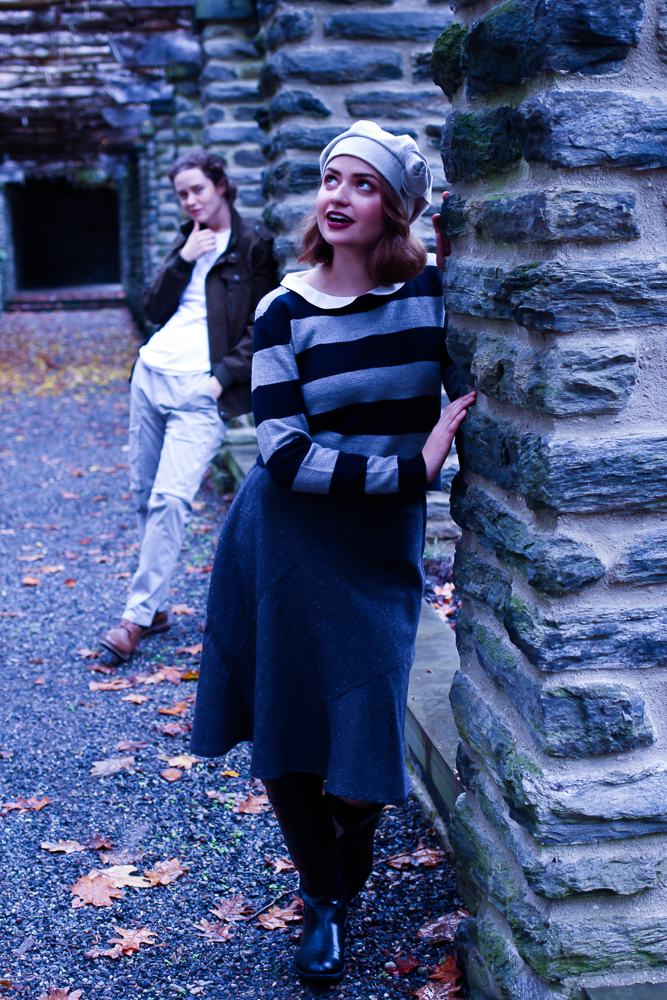
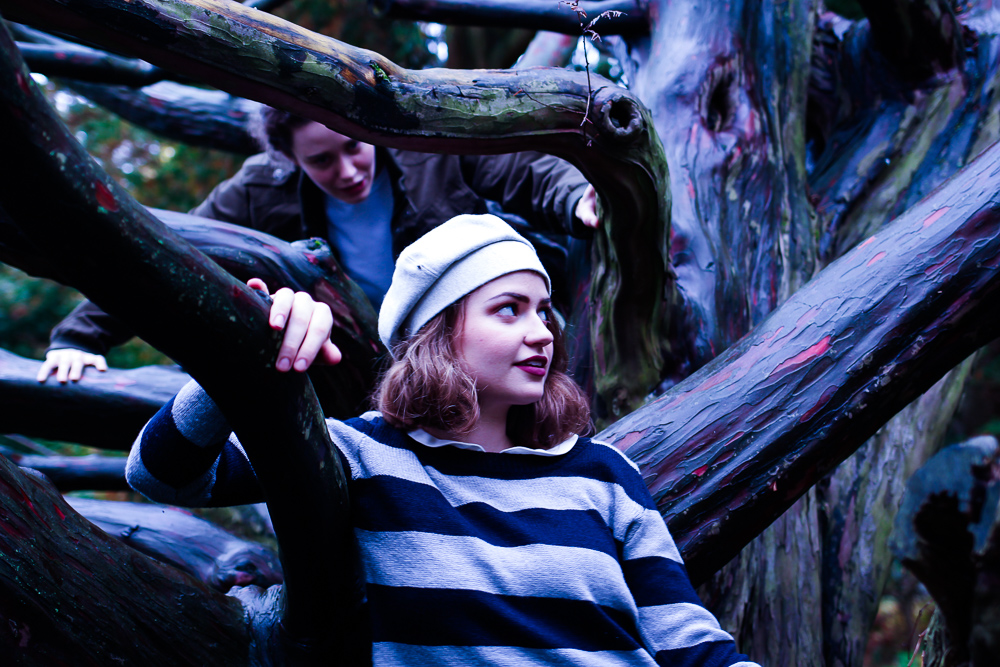

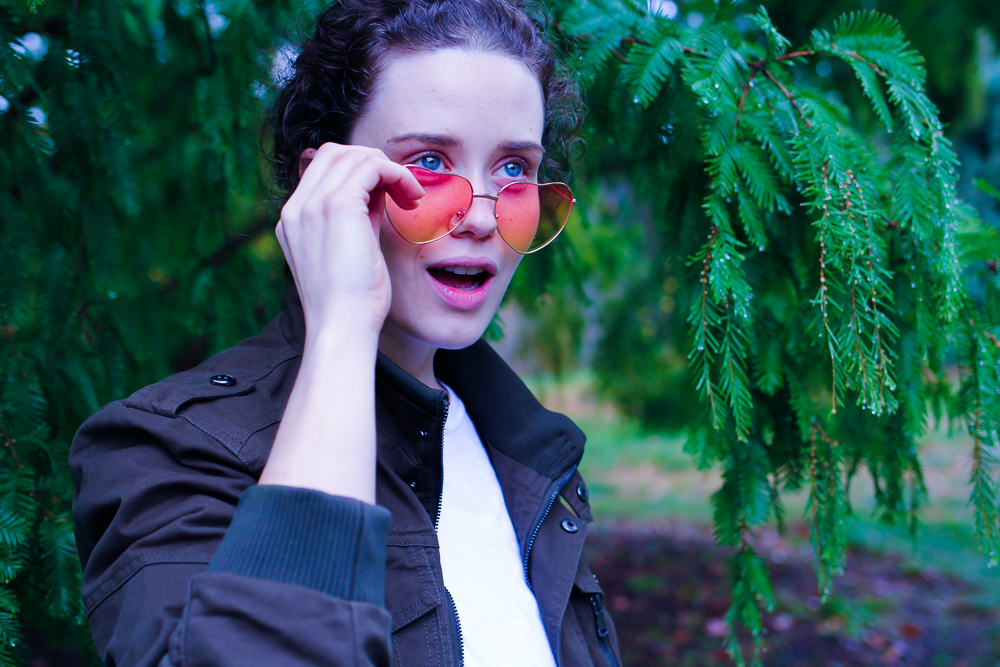
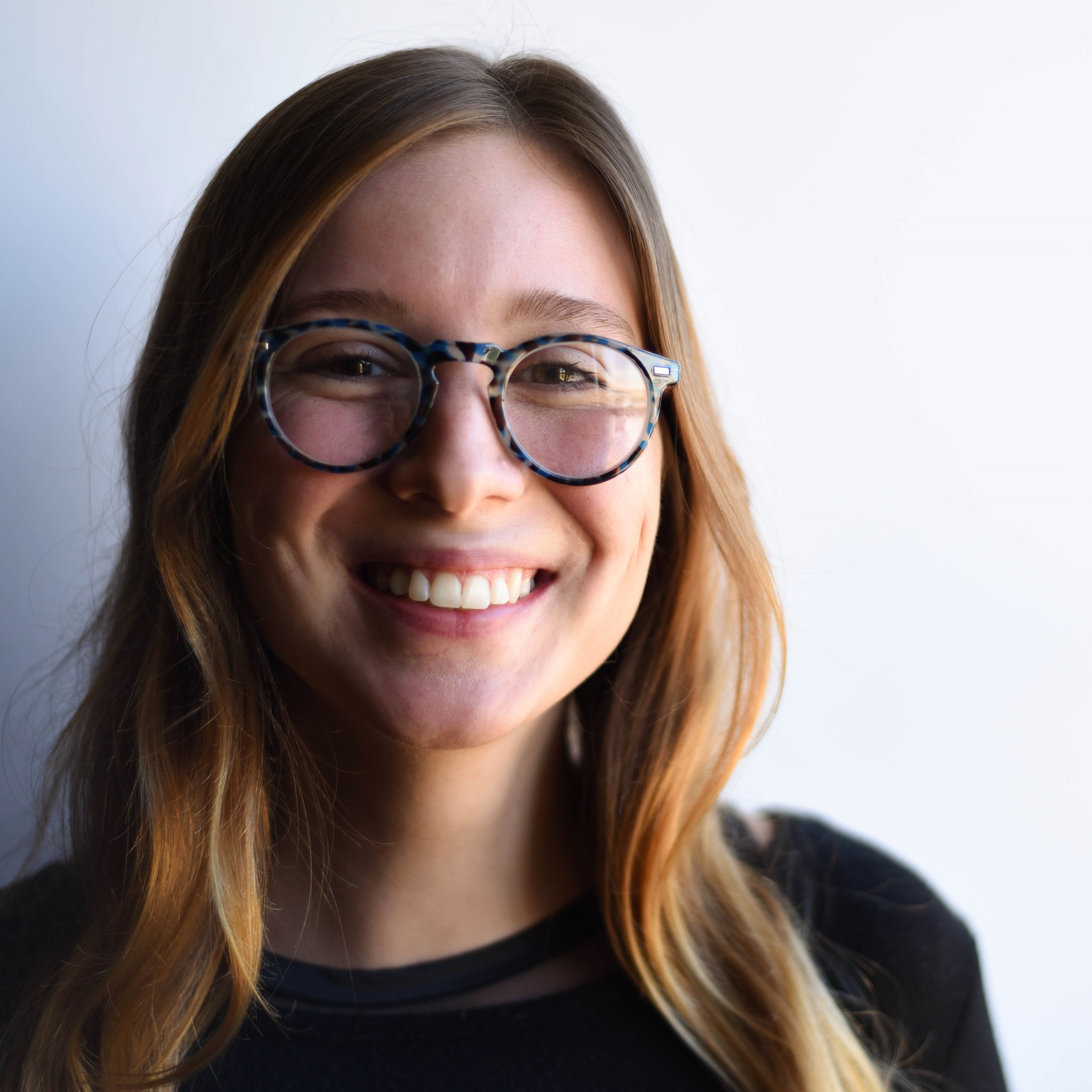 Daniella Snyder is so excited to see Villanova Theatre’s production of A Midsummer Night’s Dream. Her favorite Shakespearean play is Othello. She also wants to thank Sarah Wingo, the Falvey Subject Librarian for English, Theatre, and Romance Languages, for her help and information about valuable Shakespearean resources.
Daniella Snyder is so excited to see Villanova Theatre’s production of A Midsummer Night’s Dream. Her favorite Shakespearean play is Othello. She also wants to thank Sarah Wingo, the Falvey Subject Librarian for English, Theatre, and Romance Languages, for her help and information about valuable Shakespearean resources.

